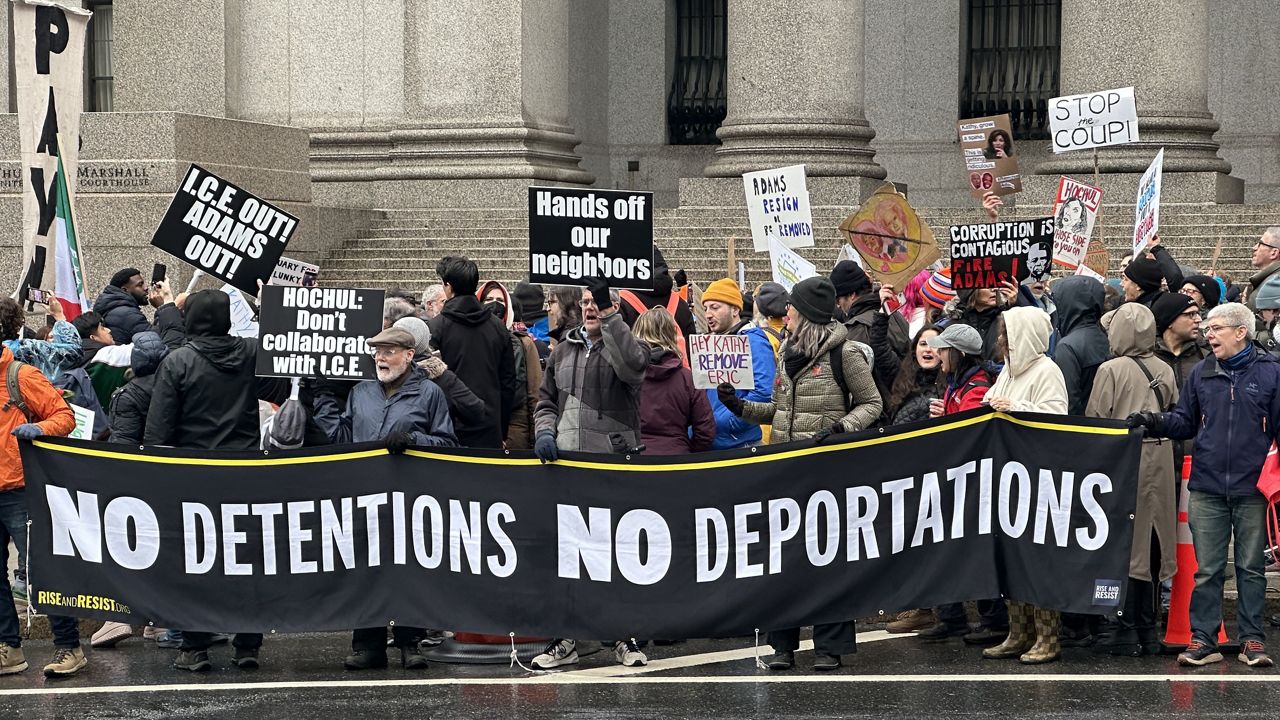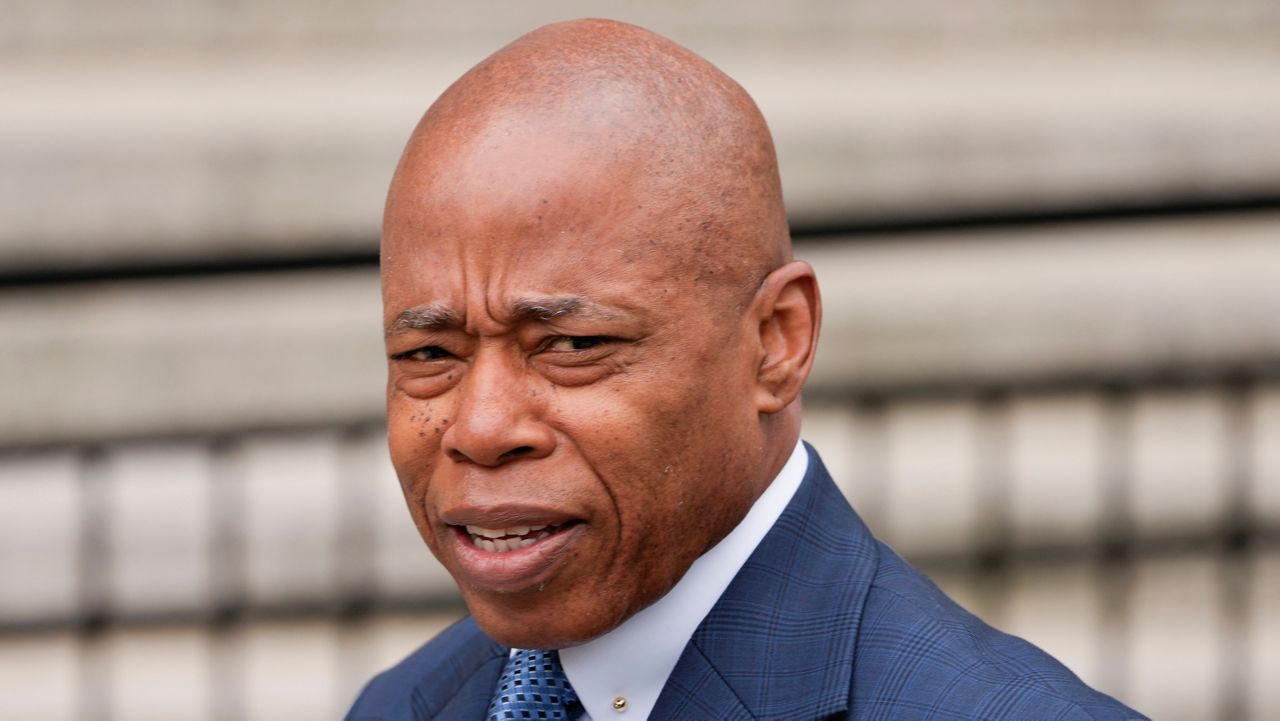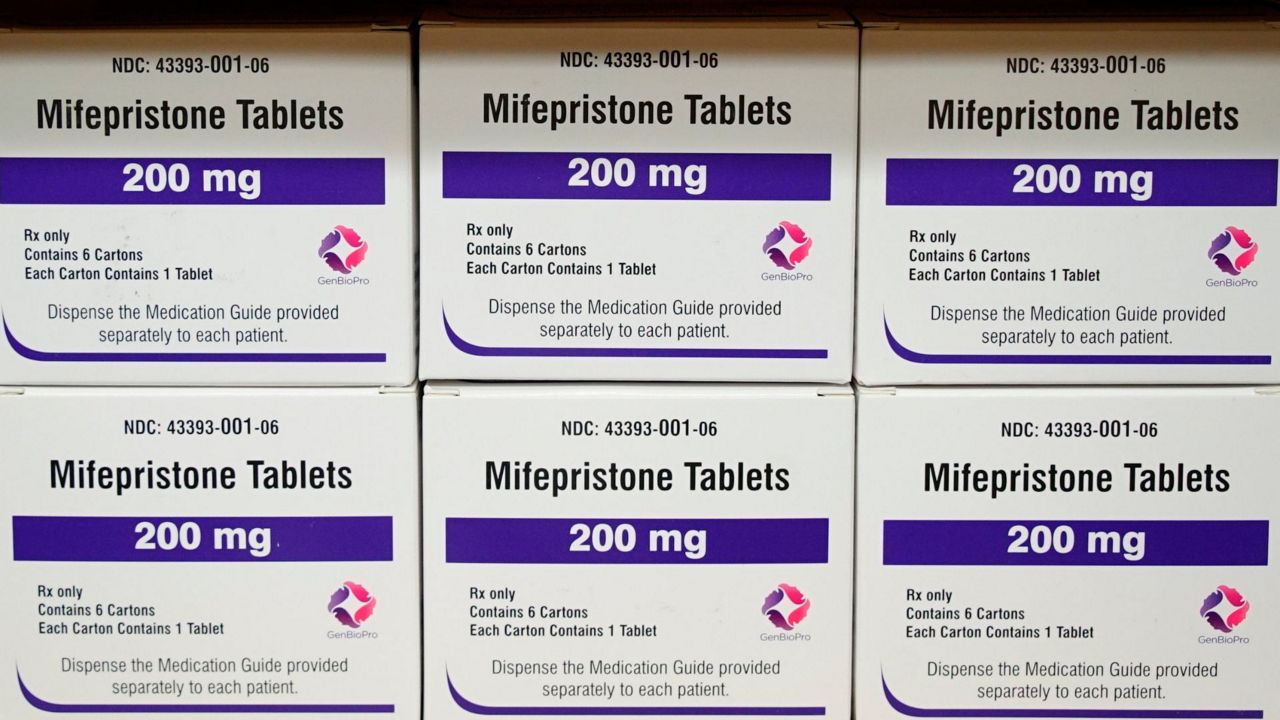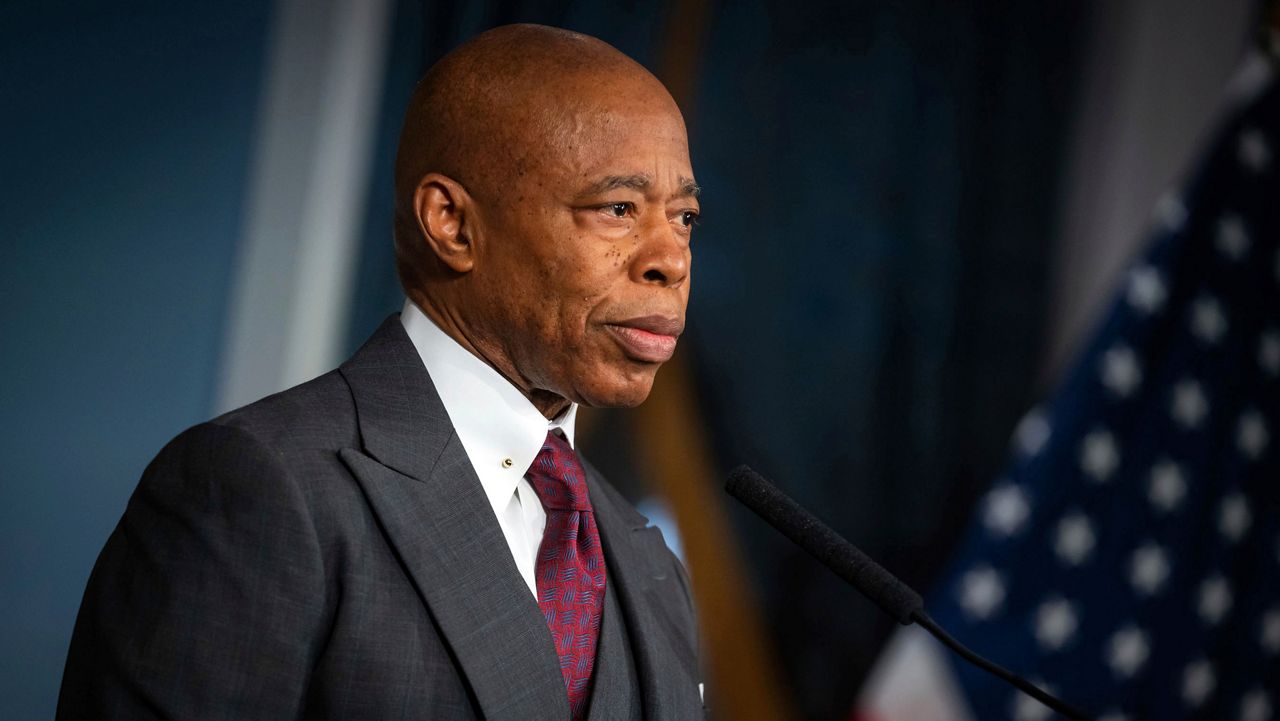A lawsuit that could finally force changes to the city’s property tax system — that by most accounts is broken and unfair — has been cleared to proceed in a key opinion from New York’s highest court.
“I believe that the judiciary exists to do exactly what they did today, which is to kind of correct for real inaction,” Martha Stark, a former city finance commissioner who is now policy director for Tax Equity Now NY, a group of property owners, renters and advocacy groups that is suing the city. “If the city does not do what’s needed in order to fix this, it provides some real, real clear pathway for the legislature to require it.”
The suit from Tax Equity Now New York details disparities in the way one-three family homes are taxed, citing homes in Canarsie, a largely Black neighborhood in Brooklyn that are “assessed at over triple the rate of the same properties in Park Slope,” a mostly white and wealthy neighborhood in Brooklyn.
The complaint calls this “regressive and benefits wealthy taxpayers in neighborhoods with rapidly increasing property values.”
It also cites tax disparities between newer and older co-ops and condos.
“For tax fairness to work, somebody’s got to win and somebody’s got to lose,” Attorney Benjamin Williams, who runs the property tax department at Rosenberg & Estis, told NY1.
That means shifting more of the tax burden to people who benefit from the way the system works today.
“The people who are under assessed, which tend to be more valuable homes or homes that have increased in value, faster, which tend to be in less minority areas. And they pay a smaller effective tax rate,” he said.
In the majority opinion for the 4-3 ruling, Judge Jenny Rivera wrote that “the complaint recounts acknowledgements from city officials that these rampant disparities lead to inequality among similarly situated property owners. While these officials bemoan the situation, the city fails to act.”
In dissent, Judge Michael Garcia criticized the majority opinion for taking the matter out of the hands of lawmakers, writing that “the parties here will craft new tax policy in a settlement conference room.”
State Sen. Andrew Gounardes, a Brooklyn Democrat, said the property tax system in the city “doesn’t work. It’s fundamentally broken.”
With this opinion, Gounardes believes he and his colleagues in Albany will settle the issue, eventually.
“I expect that, as this case now goes back to the trial for the merits, it’ll eventually come back to our doorstep and we’ll have to take this up,” he said. “We can not take it up.”









